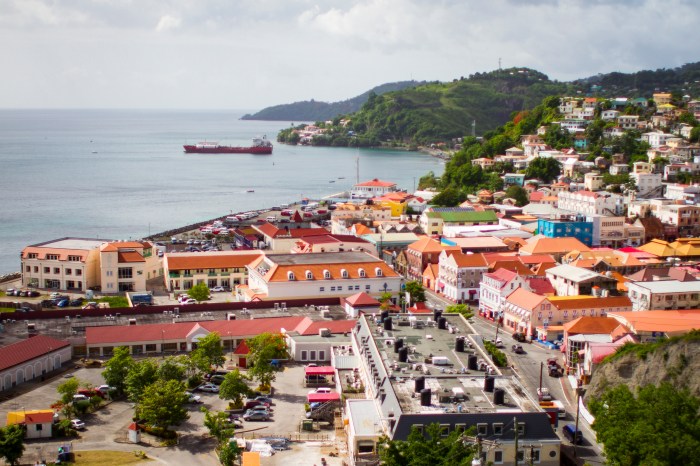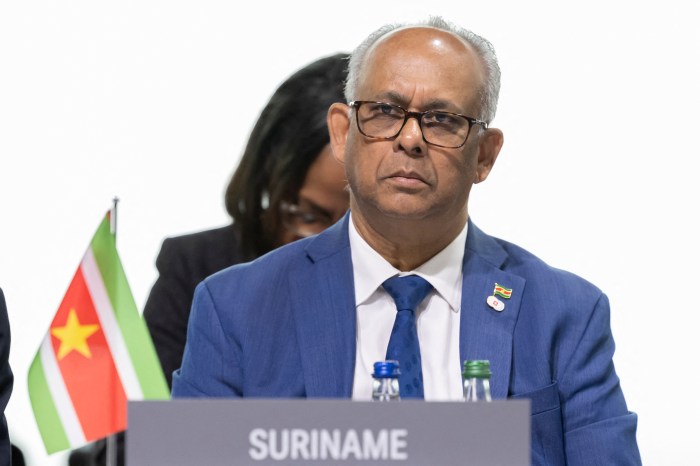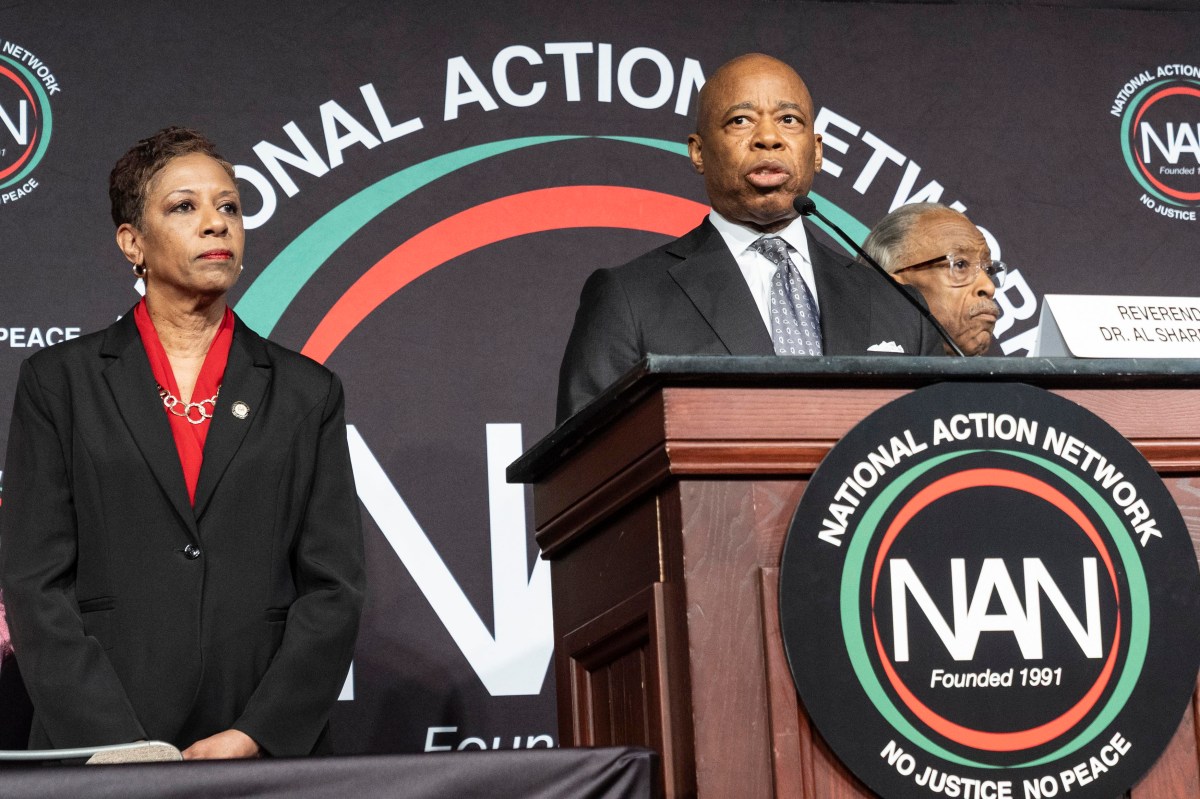He only has one more legal card to play and that is to appeal Monday’s (Aug.30) 20-year mass murder sentence imposed by Suriname’s highest court but judging from the utterances of the panel of judges, Desi Bouterse would have to produce and overwhelming set of new points of evidence to overturn the verdict in his favor.
Monday’s ruling by the court has reaffirmed the late 2019 sentence on the former military strongman turned two time elected president for the late 1982 murders of 15 government opponents who were tortured and executed at a downtown colonial era Dutch fort right next door to the office of the president.
The then Bouterse-led military government, which had two years earlier kicked out the elected government in a military coup, had accused the 15 of conspiring with The Netherlands and other western nations in plotting an alleged counter coup. Many, among them four journalists, clergymen, labor leaders and academics, were roused from their sleep, taken to the fort, questioned and tortured before being shot by soldiers. Bouterse, then a young and idealistic revolutionary who wanted to “decolonize” the Dutch from local affairs, has persistently denied giving any order to execute the group but has said he takes collective responsibility for the tragedy because he was in military and national command at the time.
Neither he nor his lawyer Irvin Kanhai turned up for the brief reading of the widely expected verdict, but both have said they will comply with the 14-day timeline to file an appeal even though the judges were circumspect to point out that the defense had missed yet another opportunity to bring any new evidence to convince the three-lady panel to rule otherwise. As was widely predicted, the judges stayed clear of ordering his arrest and detention until the appeal, apparently well aware this could have sparked some form of unrest. The Chan Santokhi government had, however, placed police and soldiers on high alert but there were no incidents apart from the presence of about 100 Bouterse supporters peacefully chanting slogans near the courthouse.
The ruling has come at a very bad and unfortunate time for Bouterse, 75. His favorite grandson, Walter Bouterse shot and killed himself several weeks ago in the midst of a national investigation into the disappearance of a large cache of weapons from his grand dad’s private home. The weapons were transferred to the home while Bouterse was head of state. One of his sons, Dino, is serving a 16-year cocaine trafficking sentence in the US, while the former charismatic head of state has made no secret of his battle with ill health in recent years. The weapons cache had included two military grade rocket propelled grenade launchers, two machine guns, 25 AK-47 rifles and a dozen handguns among others. Bouterse had said he was deeply saddened by Walter’s death.
Reacting to the latest development on Tuesday, Bouterse laid the blame for the disappearance of the weapons squarely at the feet of his grandson, telling reporters that the equipment was stolen “by Walter and his companions. After his death, many ammunition and weapons were found in the house where he often stayed,” the former army sergeant turned 1980 coup leader said. He said underworld figures who have the weapons and want to make a deal with authorities to return them through trusted mediators but “we can organize that weapons get back, but so far no attempt has been made to get the weapons and bring them to the national army. The field knows which group has the weapons,” he noted, saying they are anxious to do so “because the weapons are from the military.”
At the presser as well, he said he is not worried about the sentence, noting that “it stands as big as a house. Believe me, I am really not worried about that. It’s there and people have a reason to leave it there. We are waiting with our experts on how to respond to this.”
For many in Suriname, the latest developments represent what they regard as the beginning of the end of a soldier/politician who has dominated local politics from the coup in February 1980 to this week. Astonishingly, Bouterse’s National Democratic Party (NDP) was formed in the mid 80s while he was army chief. It won three seats in elections while he wore a military uniform and carried the rank of colonel. Now in opposition after being in government for two consecutive five year terms, the NDP dropped 10 seats to 16 in general elections held last year but is banking on missteps from the government to rebuild and become politically competitive again.






















